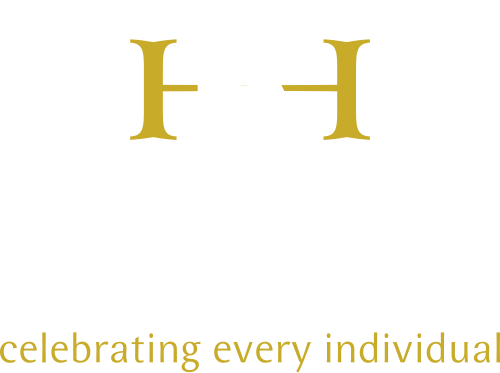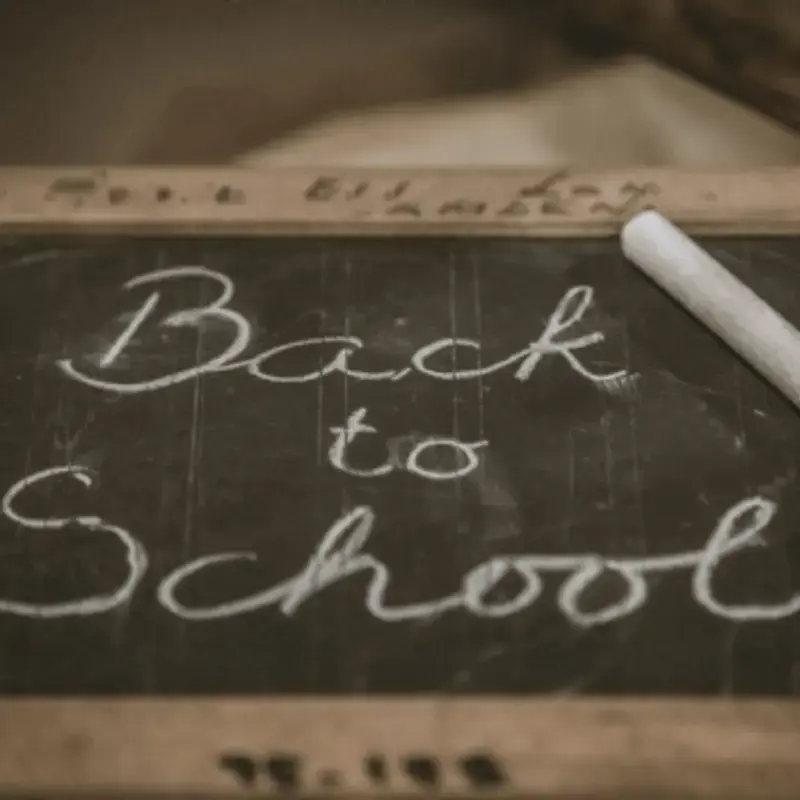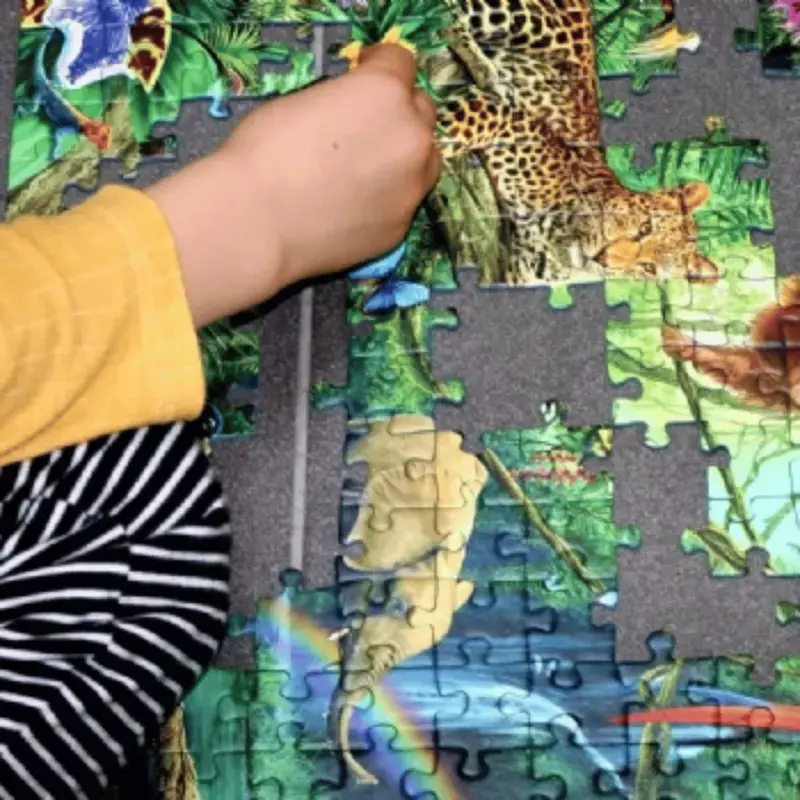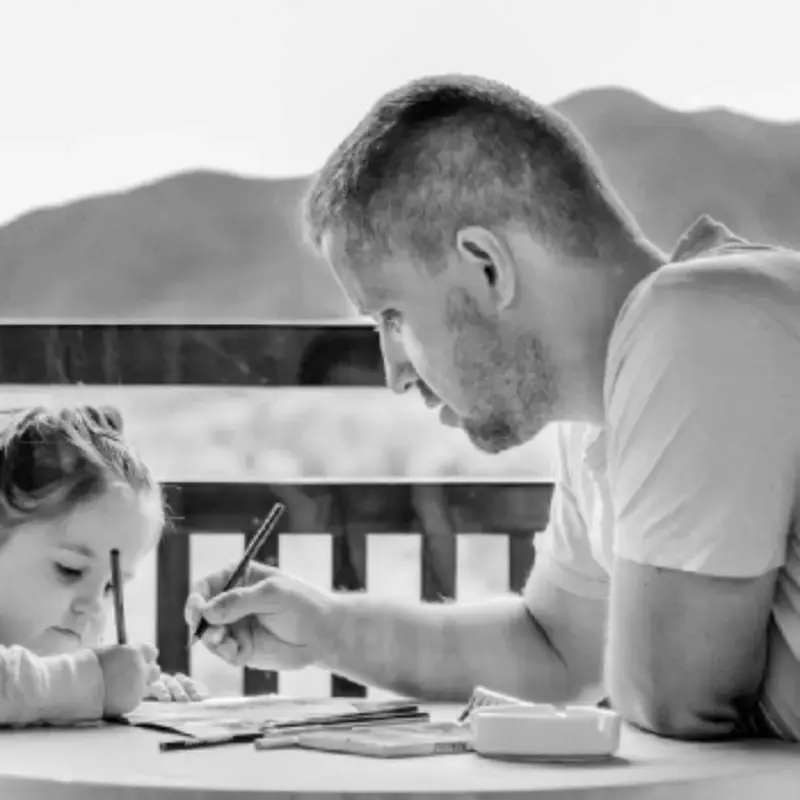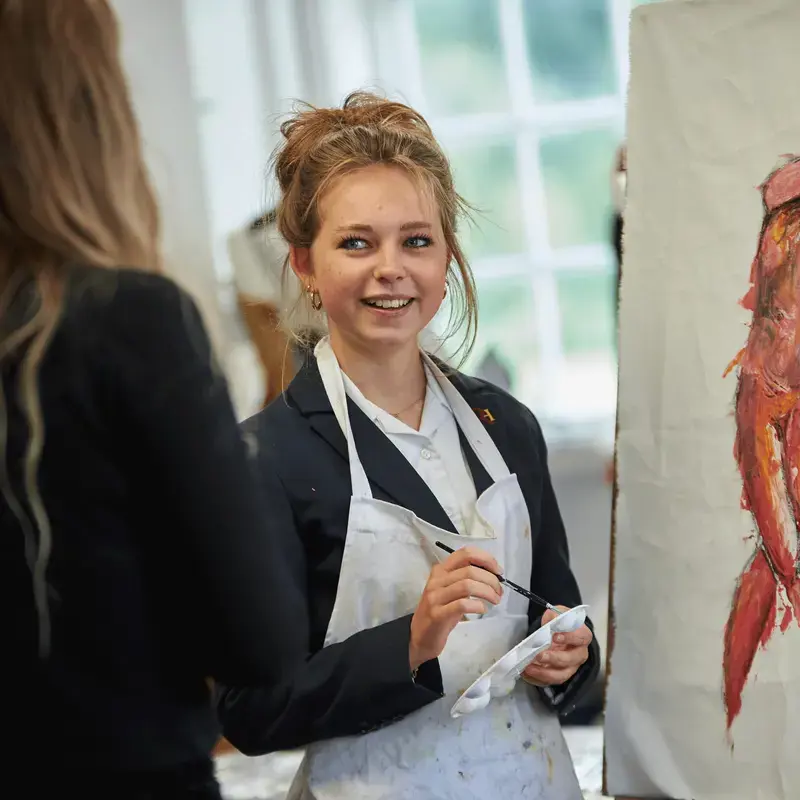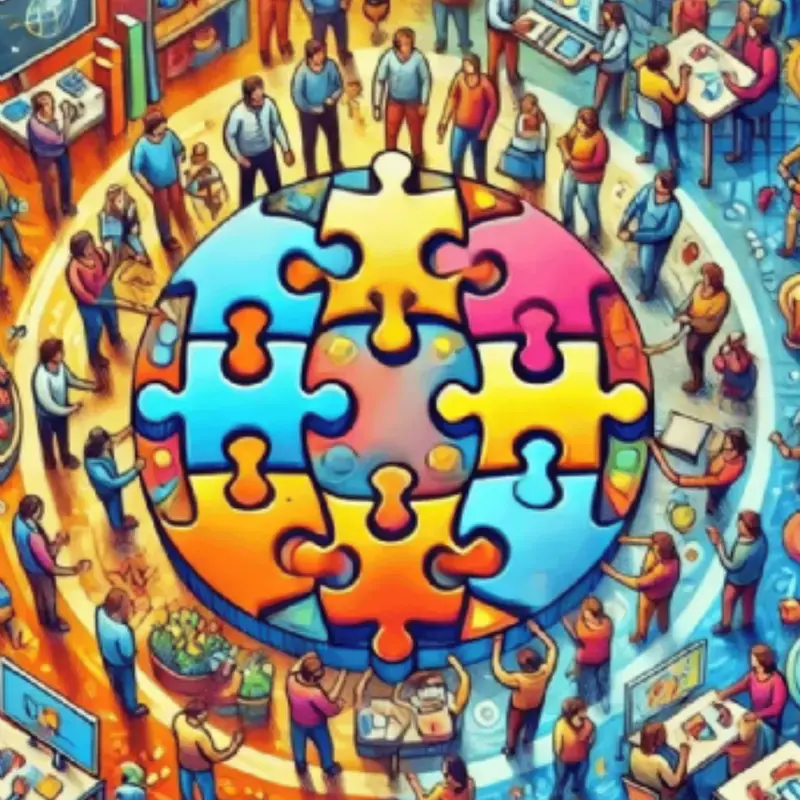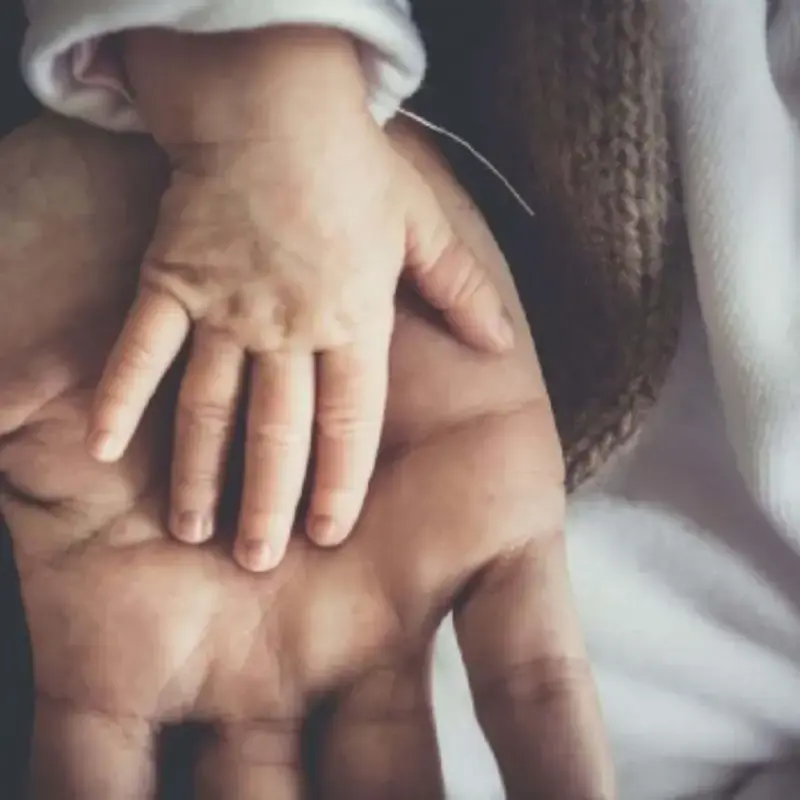When Manhattan Met Sevenoaks: The School Visit That Redefined Global Learning
Why International Encounters Matter...
International exchanges in schools are often described in broad terms such as ‘strengthening cultural enrichment’ or ‘building global awareness’ and so on — but the real value becomes apparent only when young people meet face-to-face, share ideas, and recognise in one another something familiar. Nightingale School’s annual visit from Manhattan last week offered exactly that- not just a pleasant cultural moment, but a reminder of the deeper educational purpose behind global connections.
At Radnor House Sevenoaks, we increasingly see that internationalism is not an optional extra but an important life skill. Social theorists such as Martha Nussbaum argue for cosmopolitan education - the idea that pupils should see themselves as citizens not only of their local community, but of a wider human world. The Round Square organisation similarly places ‘global citizenship’ at the core of modern education ‘discoveries’, emphasising the ability to understand diverse perspectives, collaborate across cultures, and develop a sense of ethical responsibility beyond one’s immediate environment.
Last week’s visit put these ideas into practice. The joint exploration of themes found within the British Museum, a shared science lesson, and - most significantly - a traditional debate, created the conditions for precisely the sort of intellectual exchange that global citizenship requires. It was striking to observe how easily pupils challenged each other’s assumptions without losing the warmth or curiosity that effective dialogue demands. Research from the University of Cambridge points out that high-quality dialogue between peers strengthens not just communication but critical thinking, as students learn to reason together, anticipate counter-arguments, and adjust their viewpoints in real time.
There was also something quietly profound about the ease with which pupils formed friendships. The sociologist Manuel Castells has described the modern world as a network society, where meaningful connections increasingly form across borders rather than within rigid local structures. Our pupils demonstrated this instinctively. A brief morning encounter quickly became an exchange of messages, shared jokes, and promises to stay in touch - a reminder that, given the opportunity, young people navigate global identities with far more fluency than adults often expect.
Some of the resonance for me was personal. Having spent five formative years as a child just outside New York, I have long admired the confidence and openness that characterise so many American schools. Watching the Nightingale pupils speak with an assured, articulate, unafraid air, they were willing to test their ideas aloud, which confirmed something educational researchers frequently note: that strong oracy education builds not only communication skills but academic achievement, self-belief, and social agency. This is one of the reasons we prioritise our annual Oracy Festival in the summer term.
As we said our goodbyes — already discussing a return visit next year, and tentatively floating the prospect of a Radnor House Sevenoaks trip to Manhattan, it was clear that the value of the day went far beyond the timetable of activities. Encounters like this help build the dispositions our pupils will need in the decades ahead, for example open-mindedness, cultural literacy, intellectual agility, and the confidence to engage with people whose life experiences differ from their own.
Global citizenship does not emerge from policy statements or mission documents. It arises from moments like these- from a shared debate, a thoughtful conversation, a connection that crosses an ocean yet feels entirely natural.
